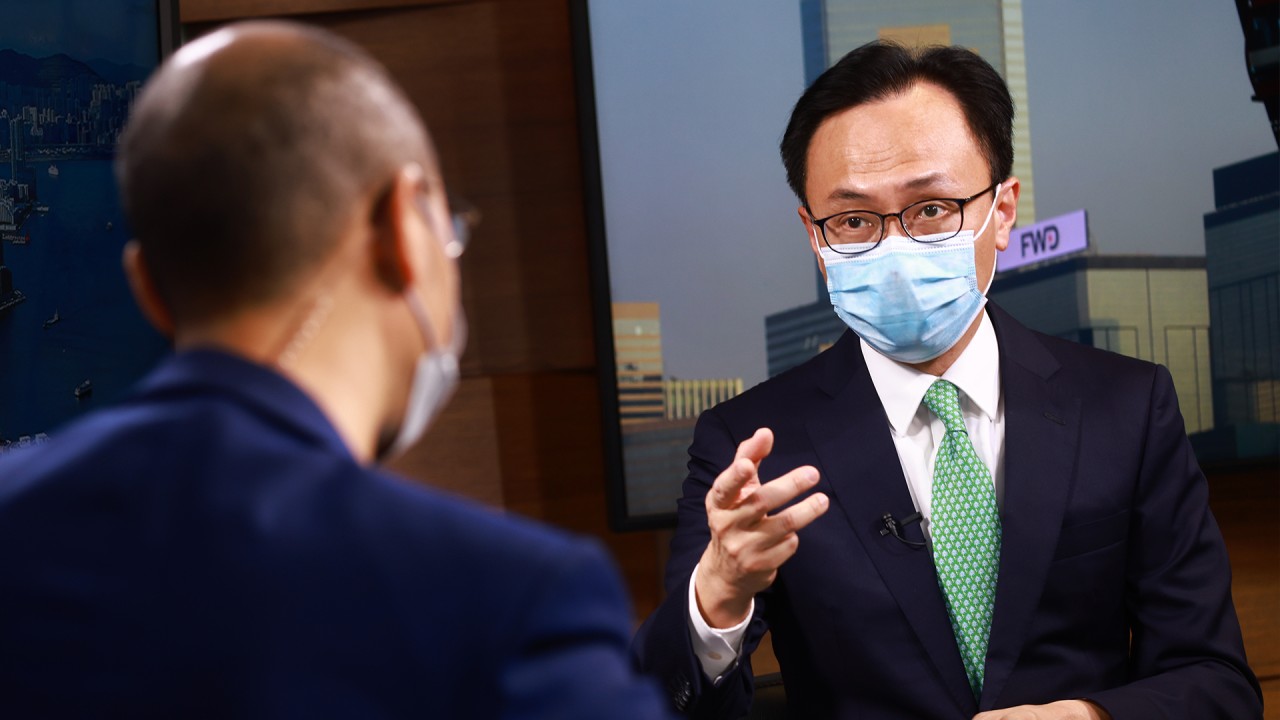
Keep culture of fear out of Hong Kong civil service
- Only a few employees may have quit in the wake of having to take an oath of allegiance, but the Hong Kong government should still closely monitor the morale and concerns of staff
The requirement for Hong Kong civil servants to take an oath or make a declaration of loyalty following the enactment of the national security law has been questioned by many. To the relief of the authorities, only a fraction of the 180,000 employees have refused to do so.
This has spared the civil service an exodus that could have hurt stability, but the move has highlighted some resistance within the establishment against what appears to be an increasingly assertive approach to governance. The government should closely monitor the morale and concerns of staff.
At least 25 of the 129 employees in question have resigned, while the remainder have been suspended from duties or dismissed under civil service regulations. Reasons for non-compliance, ranging from the alleged infringement of freedom of speech to potential conflicts with one’s nationality, were dismissed as unfounded by civil service minister Patrick Nip Tak-kuen.
However, these employees would rather lose their jobs than subject themselves to such perceived problems.
The government has played down the allegiance issue, saying staff are expected to serve faithfully and to uphold the Basic Law anyway. But the decision to sack those who do not comply has raised questions as to whether it amounts to the imposition of an additional appointment condition.
There are also concerns as to whether oaths and declarations entail legal liability. Even though most people have abided by the new rule, some are worried that they may get into trouble for remarks made in private and on social media.
A unionist member of staff said there were cases of workers reporting questionable remarks or misbehaviour of colleagues, but the government seemingly had no plan to address the situation. It would be regrettable if the claims were true.
Currently, civil servants of different ranks and positions are subject to rules on conduct and behaviour. However, if one is deprived of the right to express opinions privately just because of being a civil servant, this would appear to be going too far.
Staff morale will definitely be undermined if there is an office culture where colleagues have to keep watching what they say out of fear they will be reported to their bosses.


